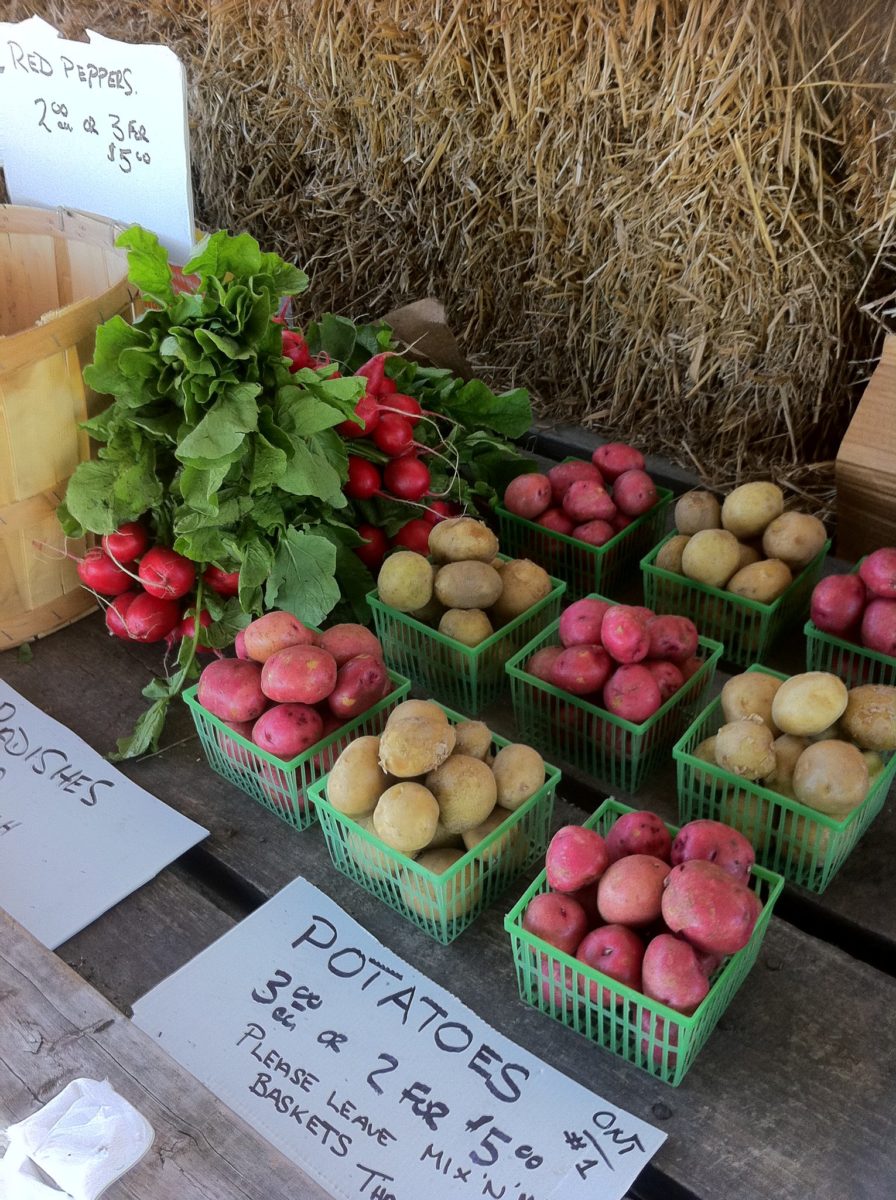
Some students think the STU cafeteria should carry local and sustainable foods.
Sarah-Jane Thiessen of the STU and UNB group, Campus Food Strategy, said STU’s campus is not doing well.
“Right now, it’s pretty much impossible to support sovereignty in STU’s cafeteria.”
The only on-campus food choices are run by Aramark and they have a deal with Pepsi and must sell their products, which leaves out the local and organic foods option.
Students at universities like Mount Allison used comment cards to initiate change in their cafeteria. As a result, approximately 50 per cent of Mt. A’s food is locally grown.
Theissen said this should happen with STU.
Some argue that local food costs more and many students wouldn’t want to have to pay more money to eat in the cafeteria. Theissen said people should remember it’s because when someone buys local food they’re not only just buying the product but also paying for all that goes into growing food and getting it to customers.
“That’s how much food should cost.”
Many universities have grown food on campus to escape the high costs of distributing local food in the cafeteria. STU hasn’t had much luck.
For example, a class had started a Windsor Street garden, but as students left in April, the garden became overgrown. Thiessen suggests institutionalizing a campus garden, or forming a committee for upkeep.
A challenge that will need to be overcome is space. While there is plenty of green space behind Margaret McCain and Holy Cross, administration wants to keep that green space as is.
Theissen also says on-campus gardens can be peed on or stolen from, which is a problem.
As funny as it sounds, when it comes to on-campus gardens, “one of the biggest concerns is that people will pee on it,” she said. Another concern is that people will steal from it. This thought doesn’t faze Thiessen.
“If they steal it, they’re probably hungry and need to eat it.”
Theissen said STU administration has not been helpful with getting something like this started. She doesn’t know who to talk to.
Thiessen would like to note achieving food sovereignty isn’t necessarily as easy as buying local, though it is an “accessible, doable action to make it more of a possibility.” It’s actually quite political. For example, Canada will not sign a UN declaration that says food and water are human rights.
As for other doable actions, “Fair trade is a huge part of food sovereignty.”
